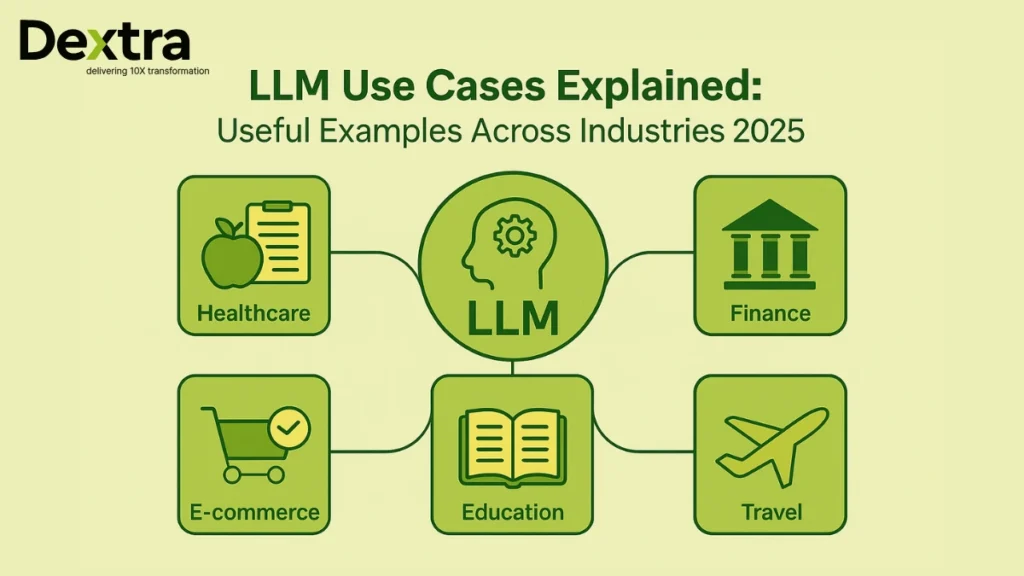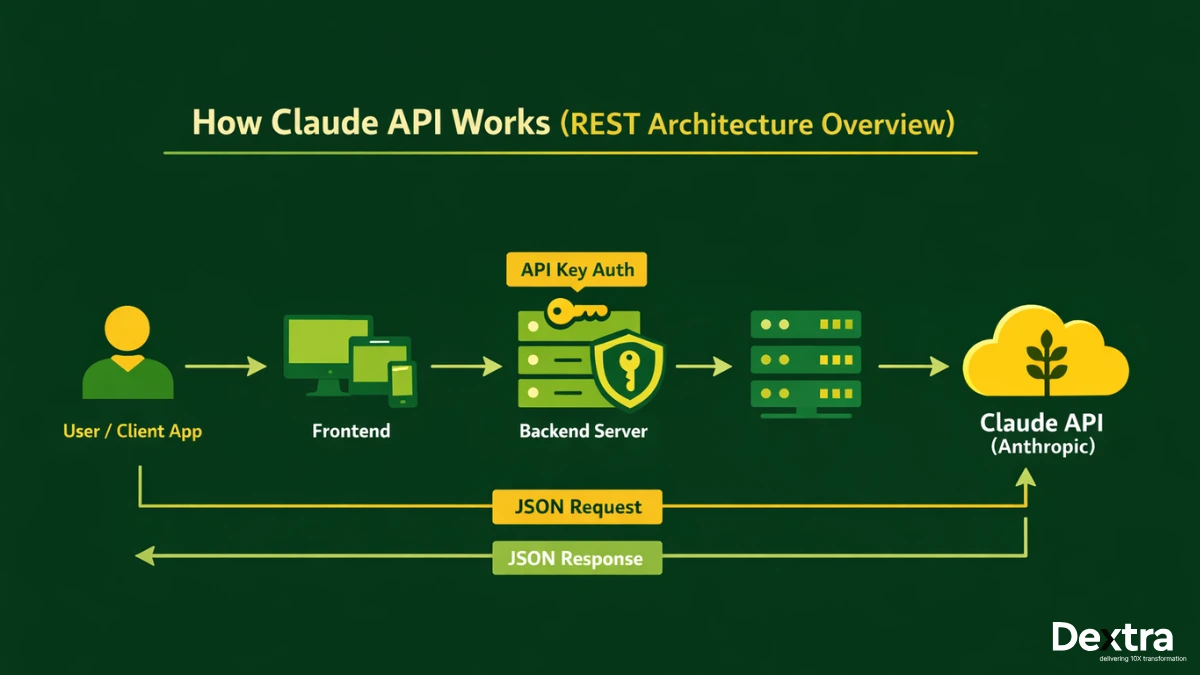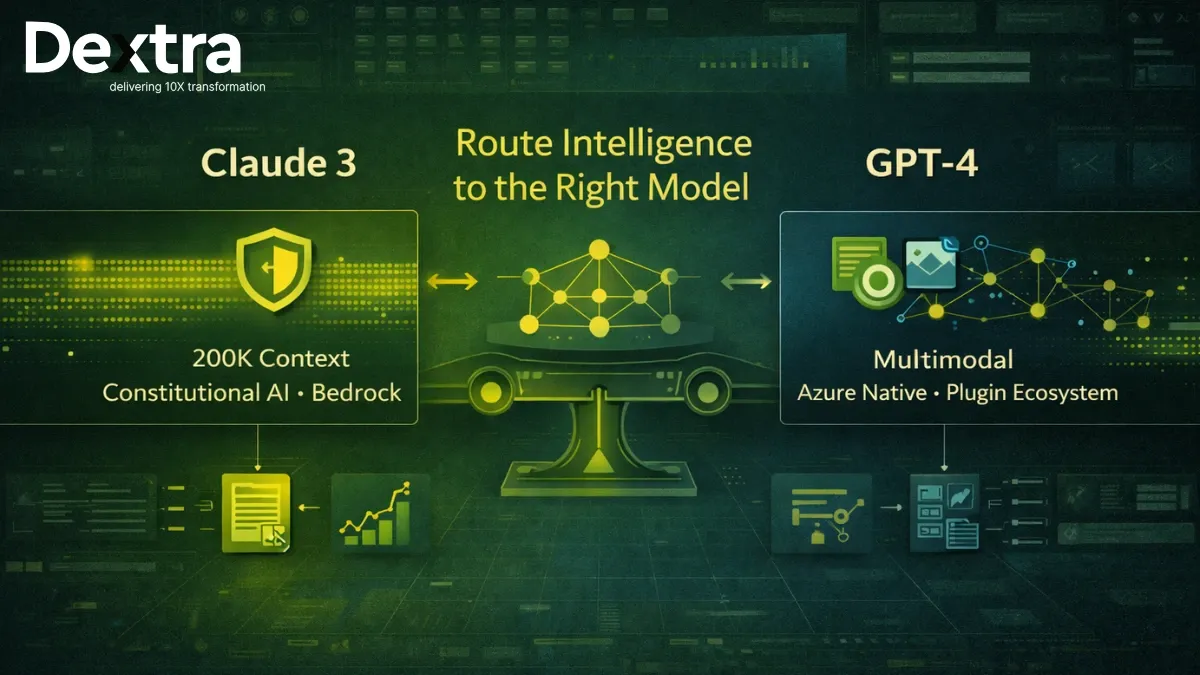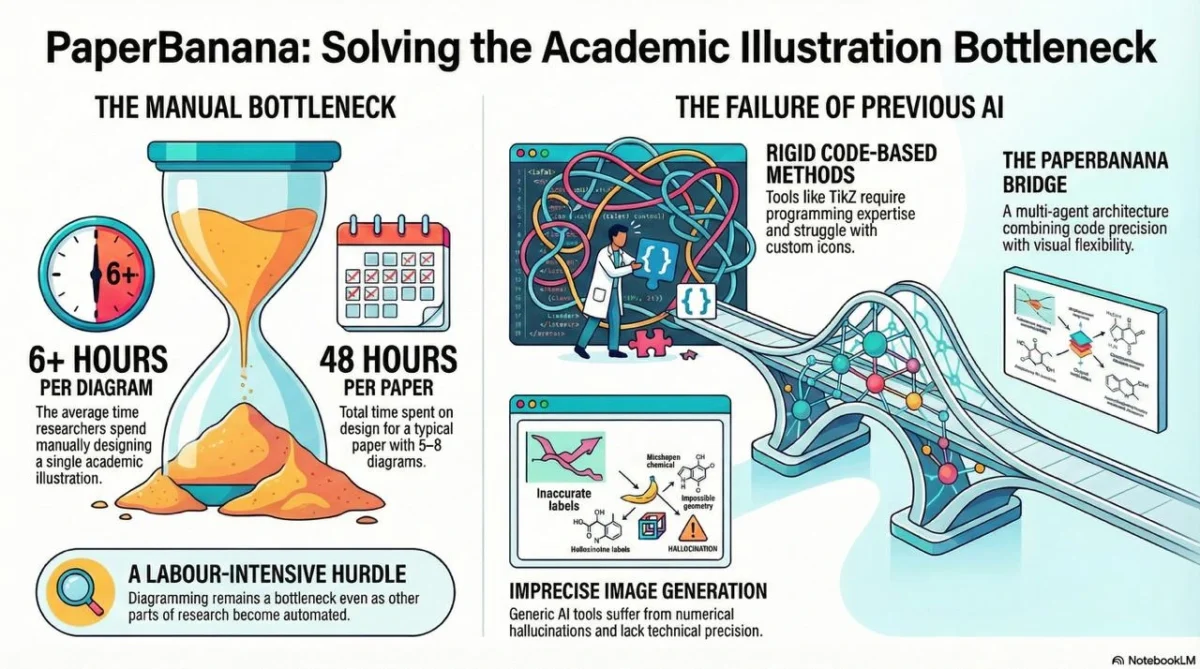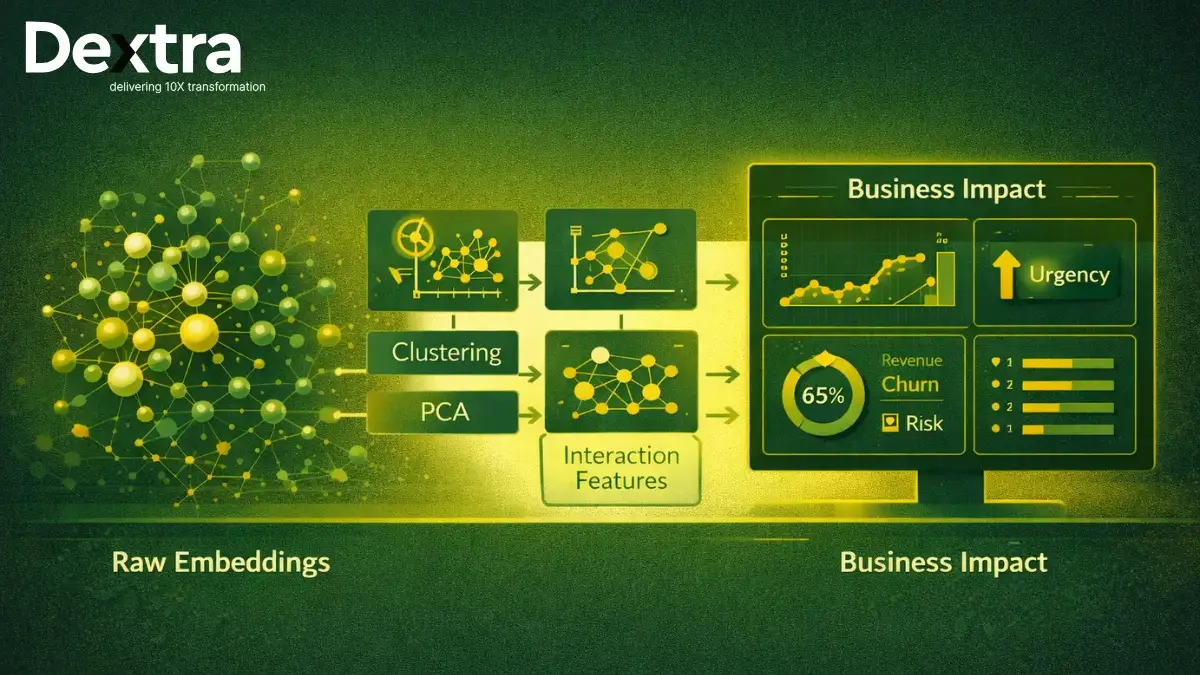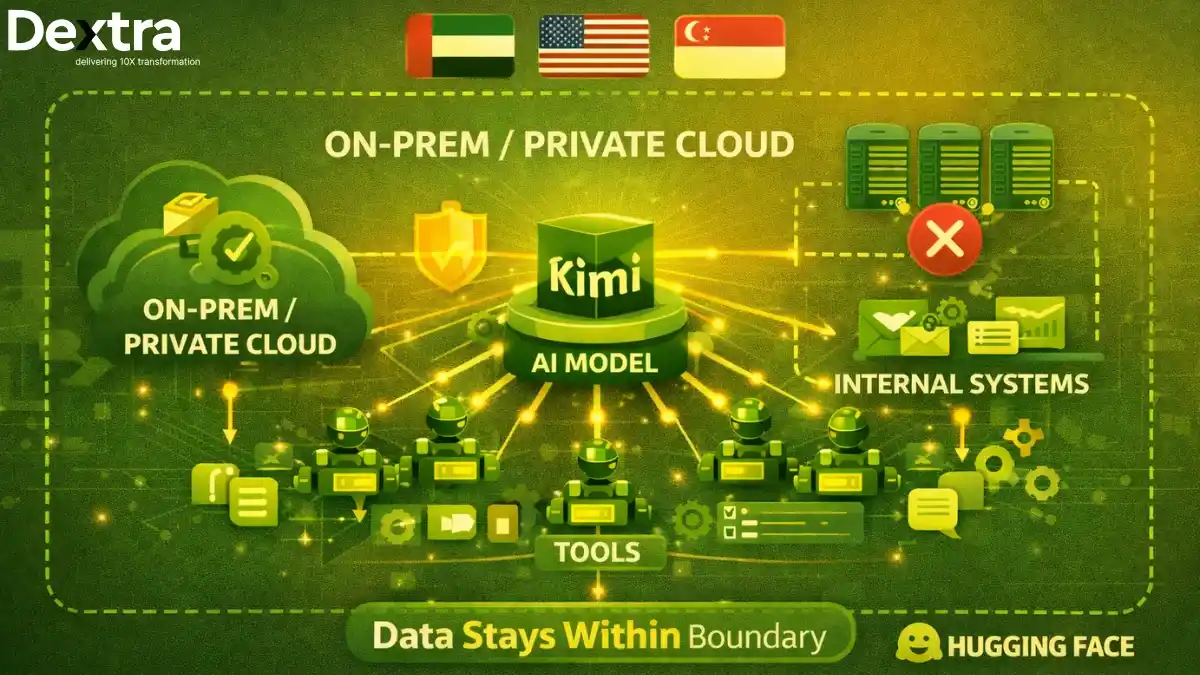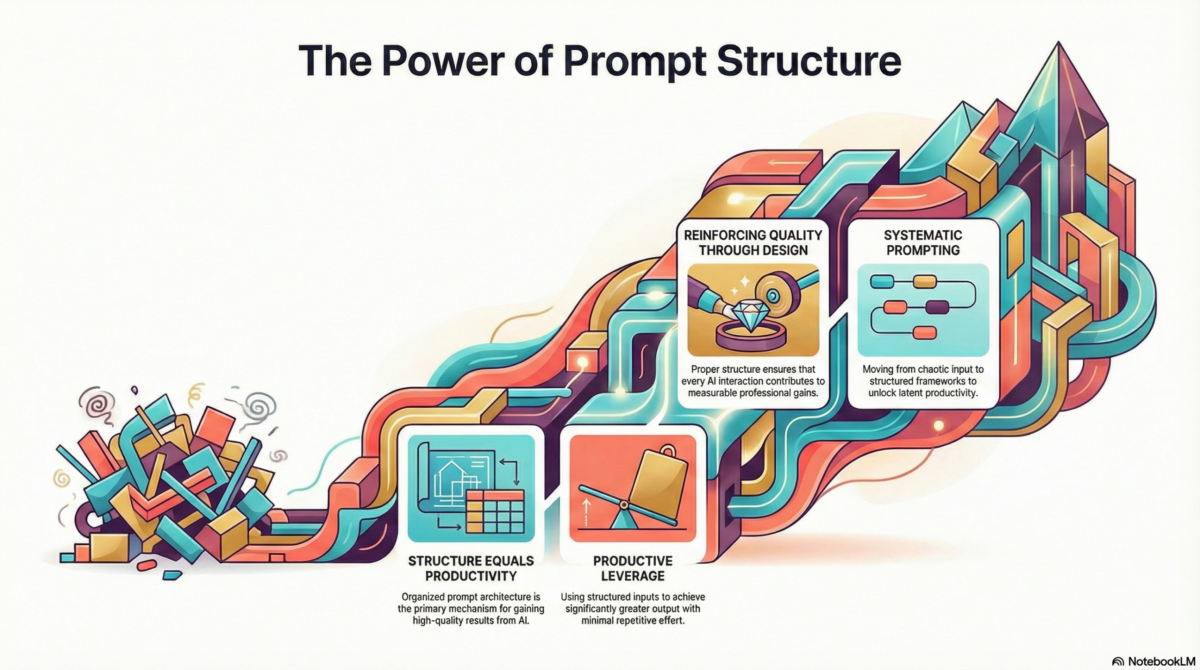LLMs are a paradigm shift in the artificial intelligence field, transforming rudimentary text-generating units into advanced reasoning machines that can interpret context, produce human-like responses, and complete complex sequences of work. Now, these transformer-based models, which utilize vast datasets comprising books, code repositories, scientific literature, and web-based content, have been trained and are employed in a wide range of applications across all major industry sectors.
According to Aimultiple Research, by 2025, companies using LLMs will report that their operational costs have been reduced by 40% and accuracy in performing tasks has increased by 30% in major operations such as customer service, data analysis, and content generation. Market Us says in the global agentic AI market, in which LLMs are a main actor, the growth rate is forecasted to be 43.8% CAGR over 2024-2034, going from 5.2 billion to 196.6 billion.
This rapid expansion is a result of the competitive pressure on companies to use LLMs. These are integrated intelligence layers, not stand-alone tools, that have been tailored for industry-specific workflows by experts like Dextra Labs.
LLM Performance Benchmarks (2026)
LLMs are changing; their competencies are becoming more modular and specific to the needs of particular enterprises. The table below compares the best model of 2026 in terms of the reasoning capacities, specialized applications, and accessibility.
| Mode | Reasoning Abilities | Niche Applications | Open Source |
| GPT-4.5 | Advanced problem-solving skills | Enterprise automation | No |
| Claude 3.7 | Thinking | Research & analysis | No |
| DeepSeek-R1 | Mathematical cognition | Financial forecasting | Yes |
| Qwen2.5-Max | Multilingual processing | Global business apps | Yes |
| Llama 3.3 | Llama fine-tuning instructions | Chatbot optimization | Yes |
Industry-Specific LLM Applications 2026
With the self-contained complexity that LLMs possess, industries are changing in their reliance on automating complex processes, decision-making, and mass personalization. The following are some of the most important solutions in various industries and how the involvement of LLMs brings efficiency, accuracy, and innovation.
Healthcare – Revolution of Precision and Efficiency
- Smart Patient Triage: Hospitals can implement virtual assistants with LLM, which will examine the description of the symptoms in the context of the medical databases, sort the cases per their urgency, and give preliminary instructions.
- Predictive Treatment Optimization: LLMs find optimized treatment pathways by considering the previous patient sample, research articles, and up-to-date monitoring feeds.
Finance – Risk Mitigation and Automated Intelligence
- Automated Financial Analysis: Companies are using LLMs to process quarterly reports, earnings call transcripts, and market info to create investment memos in a fraction of the time they previously took to create.
- Regulatory Compliance: Models that are trained and customized appear in contracts and communication to scan them with regard to compliance risks so that they can comply with the changing financial regulations.
Hyper-Personalization at Scale: Business Customer Care
With the help of LLMs, companies can initiate personalized communications, even intelligent customer service or active marketing, which enhances engagement and conversions.
- Smart Support Agents: They are unlike scripted chatbots because they process multiple-step problems on behalf of the customer by utilizing facts stored in knowledge bases, transaction history, and product-related documents.
- Personalized Marketing Engines: LLMs will create dynamic content that is personalized due to their behavior patterns.
Knowledge Management and Operations
LLMs automate supply chain logistics and perform legal reviews with no evidence of mistakes by transforming a large volume of data into practical conclusions.
- Supply Chain Optimization: Agentic AI machines forecast emergencies based on an analysis of weather conditions, geopolitical phenomena, and logistics trends, allowing customers to automatically route deliveries in alternative ways.
- Automated Legal Document Review: Specialized LLMs can review legal documents and extract key clauses in minutes, as opposed to hours, as law firms have to conduct such reviews manually.
Transformational Technical Command Abilities
In modern use cases of LLMs, the capabilities span way beyond simple chatbots with complex architecture components:
- Retrieval-Augmented Generation (RAG): Merges the real-time data retrieval with generative ability, which bases the responses on verified sources.
- Multi-Agent Workflows: Orchestrated LLM teams will manage complicated work with the division of labor, i.e., research agents will collect collections of data, analysis agents may propose patterns, and presentation agents may produce reports.
- Fine-Tuning Approaches: Transfer Empirical Proprietary data, defined as proprietary data, are used to fine-tune foundation models to suit the particular task.
Enterprise Implementation Approaches
LLM solutions could be implemented with different degrees of customization, with different priorities between speed and specificity.
| Type of Solution | Time Required | Excellent at |
| Off-the-Shelf API | Hours-Days | Prototyping, general operations |
| Fine-Tuned Models | 1-4 Weeks | domain-specific apps |
| Full-Custom LLMs | 2-6 Months | Core competitive differentiation |
Implementation Plans and Installations
Successful LLM deployment requires strategic infrastructure decisions:
- Data Pipeline Engineering: Creation of careful connectors to get the structured/unstructured data in CRM, ERP, and internal systems with fair data integrity and compliance
- Vector Database Integration: Deploying play-specific datastores (Pinecone, ChromaDB) to enable semantic search to be used to pick up contextual connections within company data.
- Hybrid Deployment Models: A common trend is to integrate cloud-based agility (AWS, Azure, GCP) with on-premises responses to sensitive applications, allowing the scale and remaining security of data sovereignty compliance.
Dextra Labs is a leading company in building advanced AI systems that work together from start to finish. They focus on creating AI that is open, easy to understand, and fully controlled, not a mysterious black box.
Dextra Labs is a leader in the fields of architectural full-stack systems of intelligence, transitioning to a more transparent and governable version of AI, which is no longer a black box. They can mix and match:
- Client-specific knowledge graphs enable the use of contextual RAG implementations.
- LangGraph and CrewAI multi-agent orchestration.
- Unlimited optimization of MLOps pipelines and usage analytics.
To illustrate, one of the healthcare SaaS providers that collaborated with Dextra Labs obtained HIPAA-compliant document processing by using custom LLMs installed in a private cloud, lowered the diagnosis mistake rate by 28%, and ensured high data governance rates.
Outlook & Ethical Considerations
The LLM environment is changing in the direction of:
- Autonomous Agent Ecosystems: Groups of AIs that organize themselves and plan, carry out, and optimize business processes with little assistance from folks.
- Multimodal Reasoning: Using written word, visual, sound, and video data processing to gain a deeper grasp is known as multimodal reasoning (e.g., analyzing medical scans alongside patient histories).
- Ethical Governance Frameworks: For 100% responsible deployment, apply legal AI principles, bias detection tools, and audit logs.
Dextra Labs addresses these frontiers through their enterprise LLM deployment framework, emphasizing measurable ROI through KPIs like workflow automation rates, error reduction metrics, and customer impact scores.
Conclusion
LLMs have transitioned from experimental technologies to core business infrastructure. Organizations achieving maximum impact treat LLMs not as isolated tools but as integrated components within intelligent operating systems. Enterprises partnering with specialist providers like Dextra Labs gain advantages. These advantages include custom LLM solutions aligned with proprietary workflows, secure deployment compliant with industry regulations, and continuous optimization ensuring sustained ROI.

